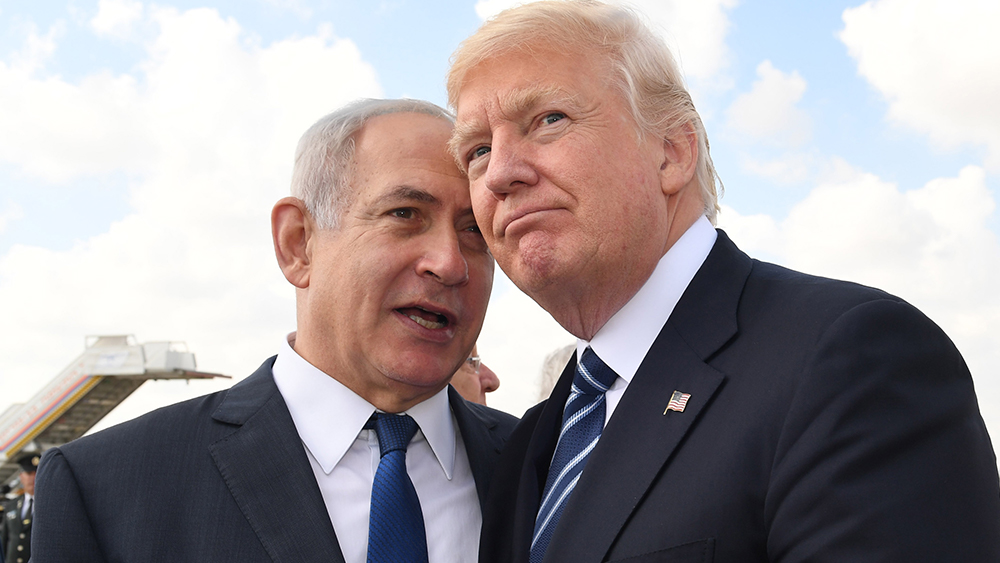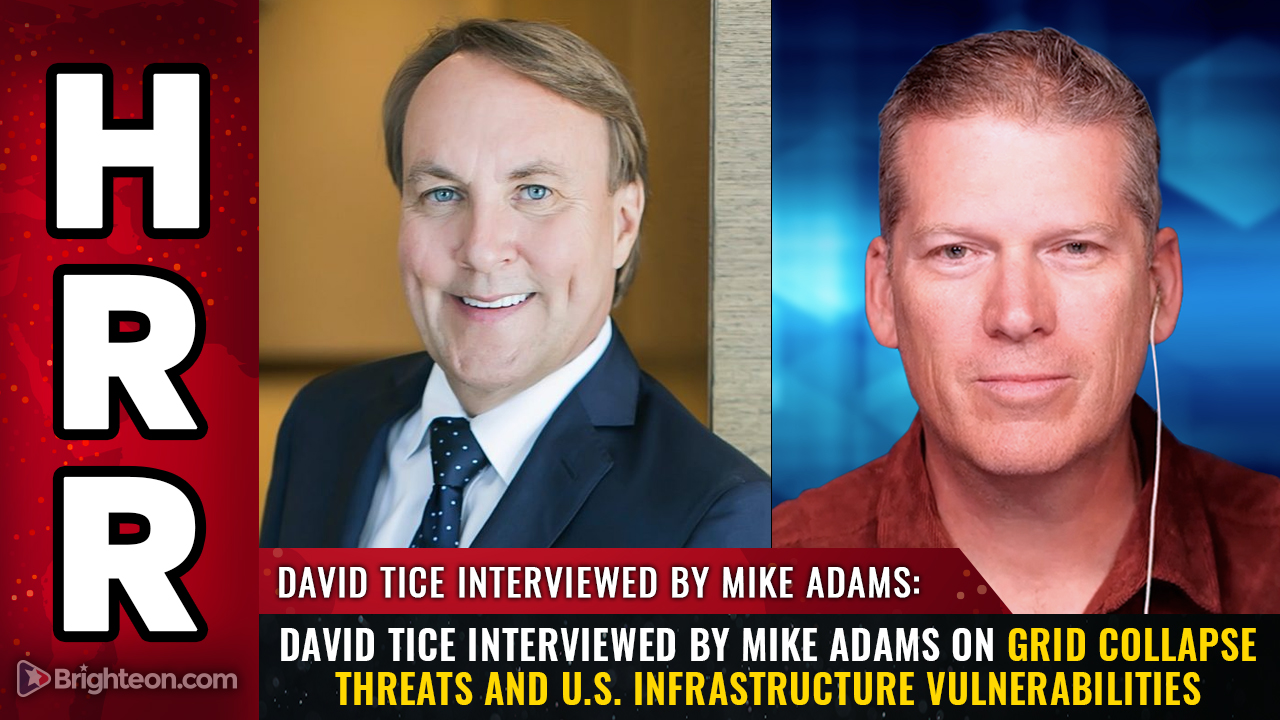 Parler
Parler Gab
Gab
- Trump’s executive order prioritizes seabed mining in the Clarion-Clipperton Zone (CCZ) through partnerships like Nauru to reduce reliance on China.
- U.S. summit targets resource-rich nations like Gabon and Mauritania to offset China’s dominance and secure supply chains.
- America’s pivot emphasizes trade over aid, leveraging critical minerals to challenge China’s economic influence in key regions.
- Critics highlight ecological concerns, but NOAA research aims to balance development and sustainability.
- Rising Chinese and Russian engagement in Africa pressures U.S. to act swiftly or risk losing strategic ground.
Pacific pivot: Nauru’s strategic role in offshore mining
The Trump administration has prioritized partnerships with small Pacific Island states, particularly Nauru, to secure seabed minerals critical for advanced manufacturing and defense. Nauru’s bid to exploit the mineral-rich Clarion-Clipperton Zone (CCZ) could shift the balance in a sector currently dominated by Chinese firms. “Nauru’s resolve aligns with U.S. interests in countering Beijing’s expanding footprint,” said Wyatt Greco, a Pacific security analyst. The CCZ holds vast deposits of cobalt, nickel and rare earths — minerals essential for batteries, semiconductors and military tech. However, the lack of international rules for seabed mining under the U.N. International Seabed Authority (ISA) has stalled progress. Nauru’s 2021 ultimatum to the ISA for regulatory clarity, unfulfilled despite four years of talks, highlights the urgency. Trump’s executive order mandates federal agencies to fast-track approval for U.S. mining firms like The Metals Company (TMC), which partners with Nauru. The strategy aims to bypass bureaucratic hurdles while safeguarding access to CCZ resources. Environmental groups warn of ecological risks, but U.S. policymakers argue NOAA-led research offers a path to “responsible extraction” that aligns with U.S. environmental standards.Leveraging mineral wealth amid China’s ascendancy
During a July 2025 summit in Washington, Trump will engage leaders from Gabon, Liberia, Mauritania, Senegal and Guinea-Bissau — all nations rich in critical minerals but deeply intertwined with Chinese investment. The summit underscores Washington’s pivot from aid to trade, as evidenced by USAID’s closure and the emphasis on “prosperity and power” over ideological priorities. Landry Signé, an Africa policy expert, notes that “China now trades more with 97% of African nations than the U.S.” Beijing’s infrastructure loans, mining deals and military overtures have entrenched its influence. For instance:- Gabon, the world’s second-largest manganese exporter, inked $4.3 billion in Chinese deals in 2024 but faces U.S. interest in its iron and lithium.
- Senegal, a Senegal prime minister recently courted Beijing for energy partnerships but also hosts the U.S.’ anti-piracy operations in the Gulf of Guinea.
Strategic implications and future risks
The administration’s dual Pacific-Africa approach faces significant challenges. In the Pacific, Nauru’s alliance with Australia restricts Chinese overtures but raises questions about regional exclusivity. Meanwhile, African leaders, even as they welcome U.S. investment, distrust transactional partnerships that lack long-term commitments. Critics also question the environmental trade-offs. Greenpeace and Pacific Island nations oppose seabed mining’s unknown ecological impacts. If mishandled, Washington risks alienating allies and damaging marine ecosystems. Internationally, Beijing views U.S. mineral strategies as confrontational. China’s state-run media called Trump’s orders “another attempt to Weaponize Global Governance.” Russia’s growing outreach — evident in Guinea-Bissau’s arms deals and Senegal’s oil purchases — adds another layer of complexity.A high-stakes bid for resource dominance
Trump’s twin strategies — seizing Pacific seabed riches and courting Africa’s mineral treasures — represent a direct challenge to China’s economic sway. Success hinges on outbidding Beijing in markets where investment is a currency of influence, coupled with credible guarantees of sustained U.S. involvement. However, the path is fraught with obstacles: navigating environmental backlash, countering China’s entrenched positions and ensuring resource exploitation fuels sustainable partnerships rather than short-term gains. The stakes are colossal — access to minerals will shape who holds the advantage in green tech, defense and the next-generation industries. As the White House races to secure alliances, the looming question remains: Can the U.S. leverage its economic might and technological innovation to reclaim the upper hand, or will China’s deep pockets and rapid diplomacy cement its global dominance? Sources for this article include: WattsUpWithThat.com WhiteHouse.gov Brookings.eduMike Adams and Alex Jones: WOKEISM has crippled U.S. AI development, giving China the lead
By Kevin Hughes // Share
“Open Source Democracy”: A new era of civic participation
By Belle Carter // Share
Trump’s ‘Genius Act’ sparks fears of CBDC surveillance grid as conservatives warn of digital slavery
By Finn Heartley // Share
Global divide over Gaza escalates as U.S., BRICS clash on Israel’s plans
By Willow Tohi // Share
Trump’s $1 trillion AI data center boom strains Texas grid — nuclear power eyed as solution
By Finn Heartley // Share
Governments continue to obscure COVID-19 vaccine data amid rising concerns over excess deaths
By patricklewis // Share
Tech giant Microsoft backs EXTINCTION with its support of carbon capture programs
By ramontomeydw // Share
Germany to resume arms exports to Israel despite repeated ceasefire violations
By isabelle // Share










